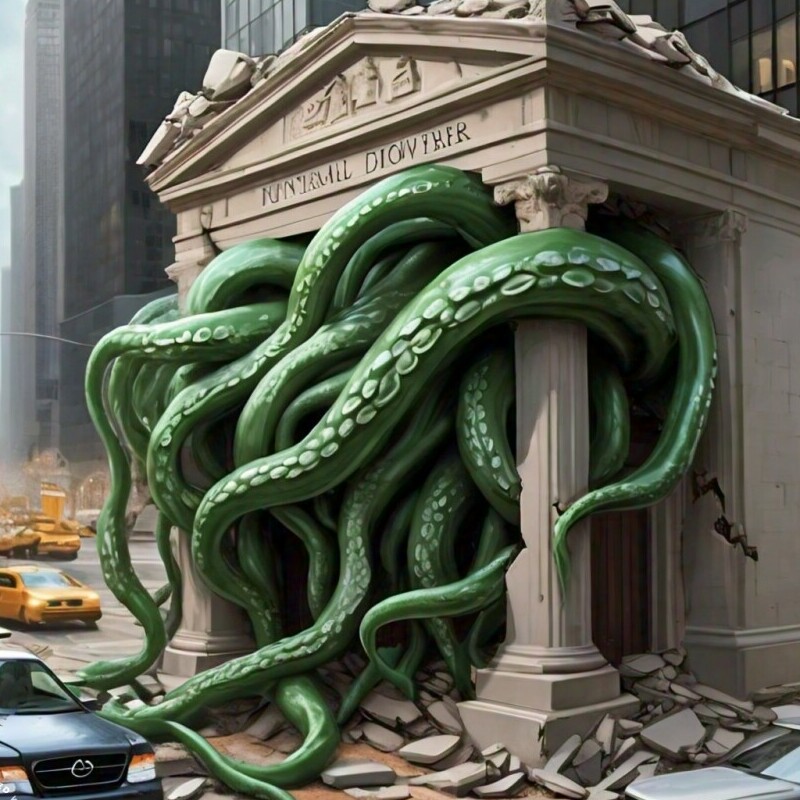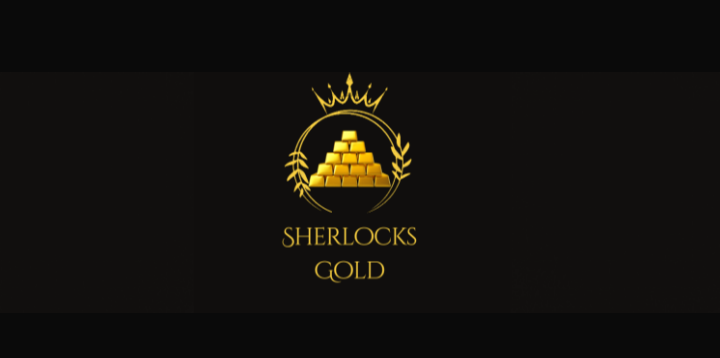
CHAPTER 21
I’m going to let you in on the origins of a phrase that’s been quite controversial: ‘Competition is a sin.’ This saying was popularized by John D. Rockefeller, the oil magnate whose success was, ironically, built on a foundation of competitive business practices. Perhaps you’re thinking that Rockefeller’s statement is a cynical take on capitalism. But let’s go deeper. Is there more to this story?
You might not expect a discussion of morality when talking about competition in business, but here we are. This isn’t just about historic capitalist tycoons, it’s also about how ethical considerations can influence market dynamics. Some argue that excessive competition can lead to unethical practices, while others believe it’s the engine that drives innovation and efficiency.
Now, what’s intriguing about this topic is how it’s been approached from different angles. For instance, free-market advocates celebrate competition as the core of economic progress, while some socialist and communist ideologies critique it for engendering inequality and exploitation. Then there are spiritual and philosophical takes that view competition as detracting from human cooperation and solidarity.
I’m here to help you with understanding how this principle plays out in modern economic systems. In the grand scheme of things, the phrase ‘competition is a sin’ can speak to the debate on whether the ruthless pursuit of market dominance creates more harm than good. It questions the sustainability of aggressive capitalism and prompts us to consider if there’s a place for altruism in business.
So, my question to you today is, how does this notion hold up in the complex world of market economies? Can a balance be struck, and if so, how? As we explore these questions, remember that the discussions about competition, ethics, and economy are not just academic; they shape the policies and practices that govern our everyday lives.
The Influence of Conspiracies: Insights from ‘The Creature from Jekyll Island’

Chapter 21 of ‘The Creature from Jekyll Island’ is like a treasure chest for those who love a good financial mystery. It deals with the enigmatic formation of the Federal Reserve and suggests that there was more at play than just economic strategy. I’m going to unpack this for you.
Conspiracy theories have a knack for turning the mundane into the sensational. This chapter of the book makes you question everything you’ve thought about competition and the story behind America’s central banking system.
The historical context provided by the book is essential. It gives you a backdrop against which these conspiracies can either come to light as credible or be dismissed as myths. It suggests that the Federal Reserve’s creation in 1913 wasn’t just to stabilize the economy, but also to create a banking monopoly.
Peering into the relationship between central banking, monopolies, and competition is intriguing. It suggests that major financiers of the time viewed competition as a threat to their power and profit. The book implies that by eliminating competition through the establishment of a central bank, these financiers could control the market.
The idea that competition is a ‘sin’ comes into play when you consider the potential for collaboration among the powerful to restrict competition. It paints a stark picture of the competitive landscape, showcasing the tension between free-market operations and the manipulative potential of powerful entities.
Striking a Balance: The Role of Competition in Historical and Current Economic Paradigms

It’s important to recognize the dual nature of competition throughout history. Competition has driven innovation and growth, but it’s also been the source of conflict and inequality. Historically, economies have ebbed and flowed between periods dominated by monopolies and eras characterized by fierce competition.
In looking back, the transition from monopolies to competitive markets spurred on by the Industrial Revolution forever changed the economic landscape. This shift demonstrated the potential for increased efficiency and technological advancement when businesses vie for consumer favor.
However, don’t worry too much about the notion that competition is inherently negative. We can always adjust our approach down the road. In recent times, there’s been a resurgence of monopolistic practices, partly due to technological advancements and globalization, once again bringing the ethics of competition to the forefront.
Current trends in global markets show that while competition encourages diversity of choice and innovation, there’s a lot of opportunity in establishing common-ground principles that guard against the unfair practices of larger entities.
You’re going to find out about regulations and antitrust laws that have been established to maintain a level playing field. Without these, the mantra ‘competition is a sin’ could become a self-fulfilling prophecy, with power conglomerating into the hands of the few and stifling market dynamics.
Choose something that resonates with you when considering how competition affects your life and industry. Recognize that your first attempt doesn’t need to be your last, and as markets evolve, so can our understanding and management of competition.
This isn’t just about economics; it’s also about social impact. A balanced view of competition’s role is essential for ensuring long-term sustainability and fairness in our economies. It’s about finding the right mix of collaboration and competitive spirit that can lead to a healthier, more equitable marketplace.
Chapter 20 The London Connection
Chapter 22 The Creature Swallow Congress
